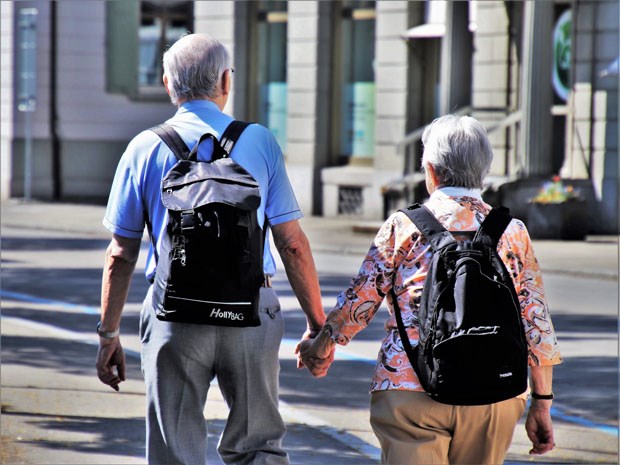Old age is not a crime. Yet far too often in Canada, our seniors are made to feel like they’re a burden, an inconvenience and a problem. This needs to stop.
National Senior Safety Week was held Nov. 6-12 and the Canada Safety Council, in collaboration with Juniper Park\TBWA, want to showcase the severity and the complexity of elder abuse.
“We really wanted to jolt people awake to the severity of the issue,” says Gareth Jones, President and CEO of the Canada Safety Council. “This is real life for many seniors across the country and we need to address it.”
According to the most recent statistics available from Statistics Canada, there were 12,202 victims of police-reported violence in 2018. One-third of these seniors were victimized by a family member. Further, of these victims of family-related violence, 63 per cent had physical force used against them.
Elder abuse can take many forms, but typically falls into one of the following categories:
- Physical— deliberate use of force resulting in pain or injury,
- Emotional— humiliation, intimidation or blame, for instance, causing psychological pain or distress,
- Sexual— contact without consent,
- Neglect— abdication of caretaking obligations, whether intentional or not, and
- Financial— unauthorized use or control of an elder’s finances.
Signs of abuse
Keep a watchful eye for any signs of abuse. These can include, but are not limited to: depression, isolation, unexplained injuries or bruises, broken or damaged personal effects, unusual weight loss, unkempt appearance, lack of season-appropriate wear, sudden changes in spending habits.
If you are concerned and believe you are spotting any of these signs, call and visit as often as you can. Being present for the potentially abused senior can help you gain their trust and see their living conditions firsthand.
If the elder does not want your help, accept their boundary but continue checking in with them. It can help to know they aren’t going through the situation alone and that they have allies and people who care about their well-being.
Report any witnessed or confided abuse to one of these resourcesor, in an emergency, the police. Do not confront the abuser directly — this could lead to the unintended side effect of putting the abused senior in more danger.
Old age is not a crime. We have a responsibility to take care of our senior citizens.
Lewis Smith is with the National Safety Council.



